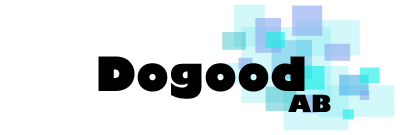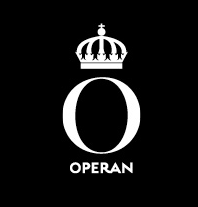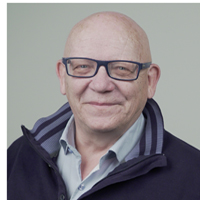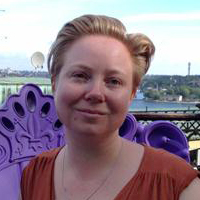About Us
We develop and sell applications that improve accessibility to stage and screen
for people with hearing disabilities and the visually impaired, and for people who
need foreign language support.
Our current solution, Axity, has been developed in close cooperation with Riksteatern
(The National Touring Theatre of Sweden) and the users. It is now available at both large and
small theatres using smartphones for closed captioning and LED displays or on-stage projection
for open captioning.

The solution has an option for pre-recorded audio description. This is also based on the users personal
smartphones. This option is today used in a development project together with the Royal Opera in Stockholm.
For audiodescription and spoken subtitles for the Screen, we are reseller of a system called Moviereading. A system where you only need your smartphone and the Moviereading app. The app listens to the audio from the film and syncronizes the audiodescription. This solution is today used in Denmark, Finland and Norway
In order to be able to keep up with the rapid development of
smartphones and other hardware, all our systems are based on standard hardware components.
As an example of that, we have developed a captioning solution that instead of smartphones is using virtual display glasses.
Dogood AB was founded in 2009. Since then Axity has been used for many productions at several theaters in Sweden, Finland and Denmark.
The app Thea has been downloaded by over 1000 users.
Captioning for the Stage 
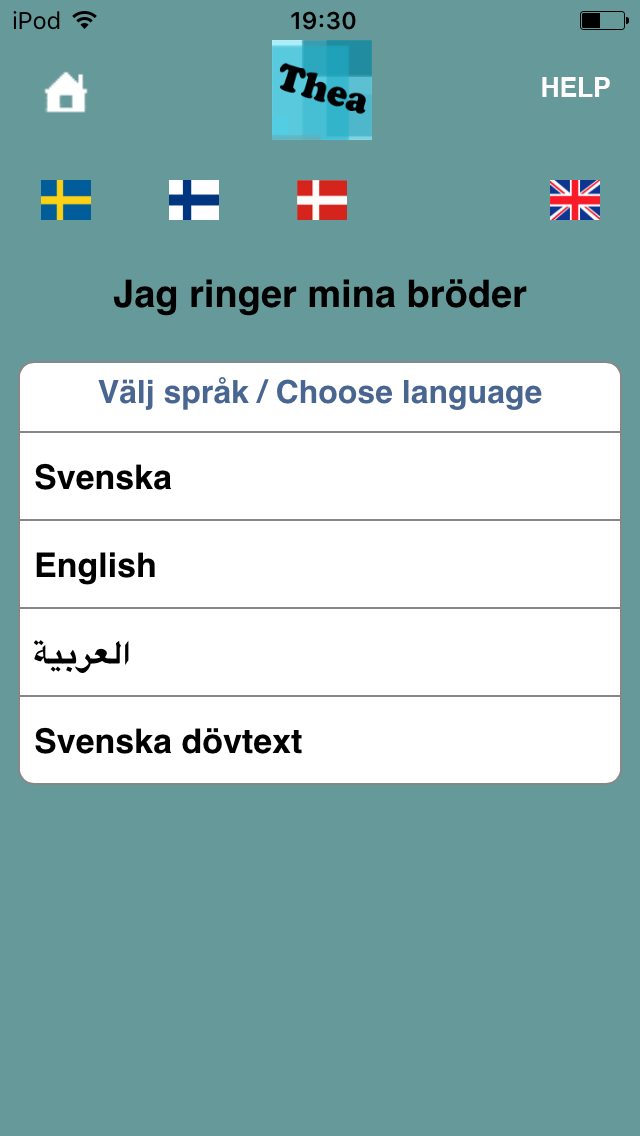
The target group is people with hearing disabilities or those in need of foreign language support.
The system can send text to a range of presentation medias including smartphones, monitors, LED
displays and on stage projection units. It is possible to use several media simultaneously and to
personalize the choice of language.
On smartphones, content is delivered via the app Thea, downloaded to the user's smartphone. The app is
available for the iOS, Android and Windows Phone platforms. Starting the app will bring up a menu to select
the language. It is possible to have as many languges as needed for a given production.
Users with hearing disabilities are aided by different colours of the text for different characters in the play.
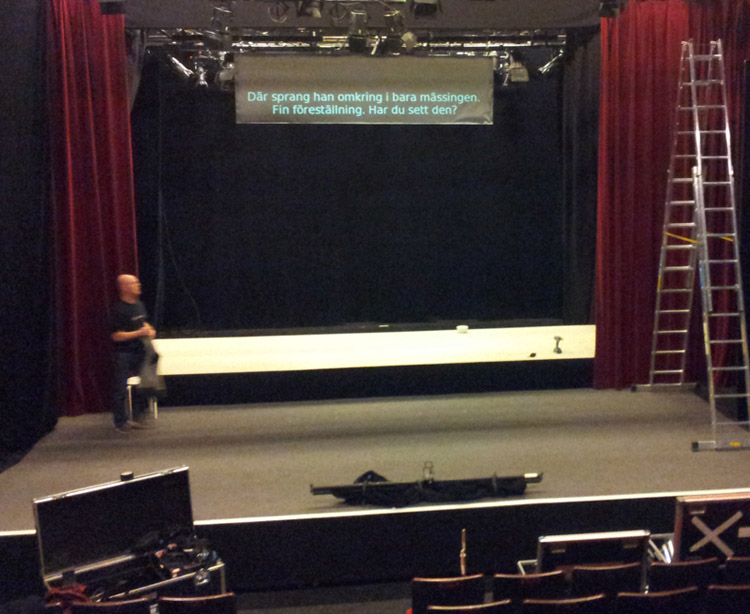
LED displays often require a vendor-specific interface. We currently offer interfaces for some LED
displays with IP-based interfaces. For HDMI- and DVI-based devices such as monitors and projectors we
offer a small Linux-based adapter. With that it is possible to connect as many devices as you need, each with
its own language if necessary.
Different character sets can be used depending on the capability of
smartphones and displays. So far our app has been used for Latin, Arabic, Farsi, Turkish, Sami and Japanese.
When preparing the text we use standard screen and television subtitling software. In that process
we use the script and a video of the performance. The output consists of editable files in a standard
captioning format. Minor changes can be made directly in the system.
Pre-recorded Audio Description for the Stage 
It is possible to transmit pre-recorded audio description syncronized with the captioning
without need for an extra person. The pre-recorded audio description is divided into
a number of small parts. A separate part is programmed to be transmitted either at the same time as
a pre-defined line or a few seconds later. Users receive the audio directly to their
smartphone using the same app as for captioning
This solution will be improved, to be used at the Royal Opera in Stockholm. It will be a complement to the display over the stage (controlled by Axity).
As with captioning, it is possible to have audio descriptions in more than one language.
Pre-recorded Audio Description and Spoken Subtitles for the Screen 
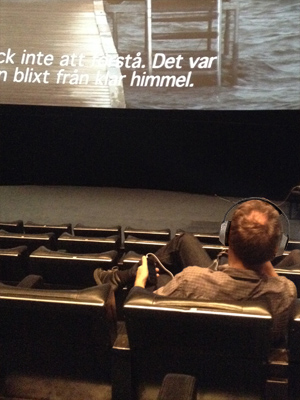
Audio description for the screen works in a different way from the solution for closed captioning. The app used wil download a filmpackage including the files for audio description and a coded/compressed version of the soundtrack for the film. The app will listen to the audio from the screen and by using what is called fingerprinting it can decide, within the accuracy of a second, how far into the film we are. The app will use that to play the audiofile syncronized with the film.
For the benefit of people with dyslexia, who are not able to read subtitles at the pace they are
displayed, spoken subtitles can be used in the same way as audio description.
Dogood AB is reseller for the Nordic countries of Moviereading a system developed by Universal Multimedia Access. Moviereading is now used in Finland, Denmark
and Norway.
Plans for the Future 
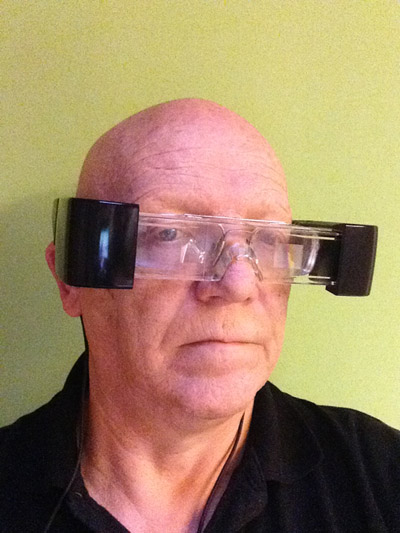
We have for a long time followed the development of Google glasses and other ”smart
glasses”. Glasses positioned to be used for augmented reality. We are interested in glasses that can show text on a virtual screen. A better solution than smartphones for closed captioning. We have together with a student project developed an app for Android-based glasses from Epson. The drawback is that the glasses are a bit expensive. In the near future we hope there will be more vendors of smart glasses on the market.
Since our system is based on standard hardware, we are constantly keeping ourselves up to date
with what is happening on the market. We are always ready to adopt improved versions of existing
smartphones, smart glasses or new devices.

 ";
$info = "
";
$info = "